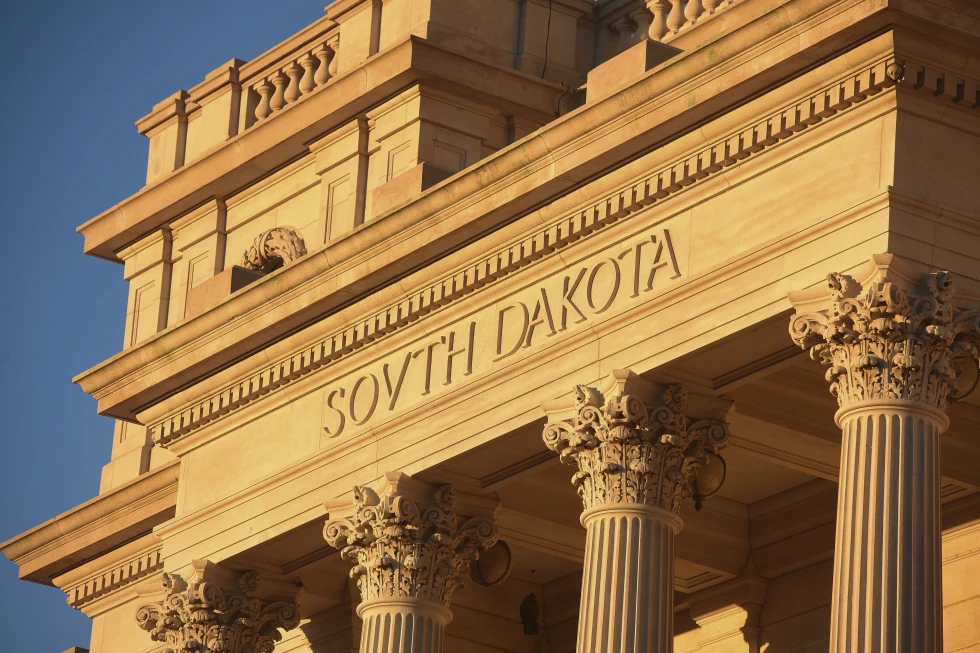
SIOUX FALLS, S.D. (AP) — More than 200 bills that passed during South Dakota’s nine-week legislative session are set to become law Saturday.
More than $104 million will be returned to taxpayers this year, and the general sales and use tax will drop from 4.5% to 4.2% until 2027. The sales tax reduction could become permanent if lawmakers remove the sunset clause next year, the Sioux Falls Argus Leader reported. Republican Gov. Kristi Noem has expressed interest in a permanent reduction.
South Dakota’s ban on gender-affirming care for minors will also take effect. The new law prohibits several forms of surgery on minors, though such operations are rare. The biggest effects will be the loss of access to hormone therapy and puberty blockers for minors. Any minors taking drugs or hormones prohibited by the new law will have to stop taking them by Dec. 31.
One new law ensures that a woman who undergoes an unlawful abortion will not be criminally prosecuted.
People convicted of certain serious felonies after Saturday, such as murder and first-degree manslaughter, will be required to serve their full sentences before becoming eligible for release. Those convicted of other felonies, like aggravated assault or second-degree manslaughter, will have to serve at least 85% of their sentences.
The Legislature also passed 19 election-related laws. One bans ranked-choice voting, one establishes post-election audits and another limits access to where and when absentee ballot drop boxes can be placed. School boards will be allowed to change to two- or four-year terms instead of three-year terms, so they can combine school board elections with city elections.
While medical marijuana has been legal in South Dakota for three years, pregnant and breastfeeding women will no longer be eligible for medical cannabis cards. But lawmakers added six new qualifying conditions, including AIDS, multiple sclerosis, side effects from cancer treatments, Crohn’s disease, epilepsy and seizures, and post-traumatic stress disorder.
Tuition will be free at technical colleges for children or spouses of members of the South Dakota National Guard who became disabled or died in the line of duty.
